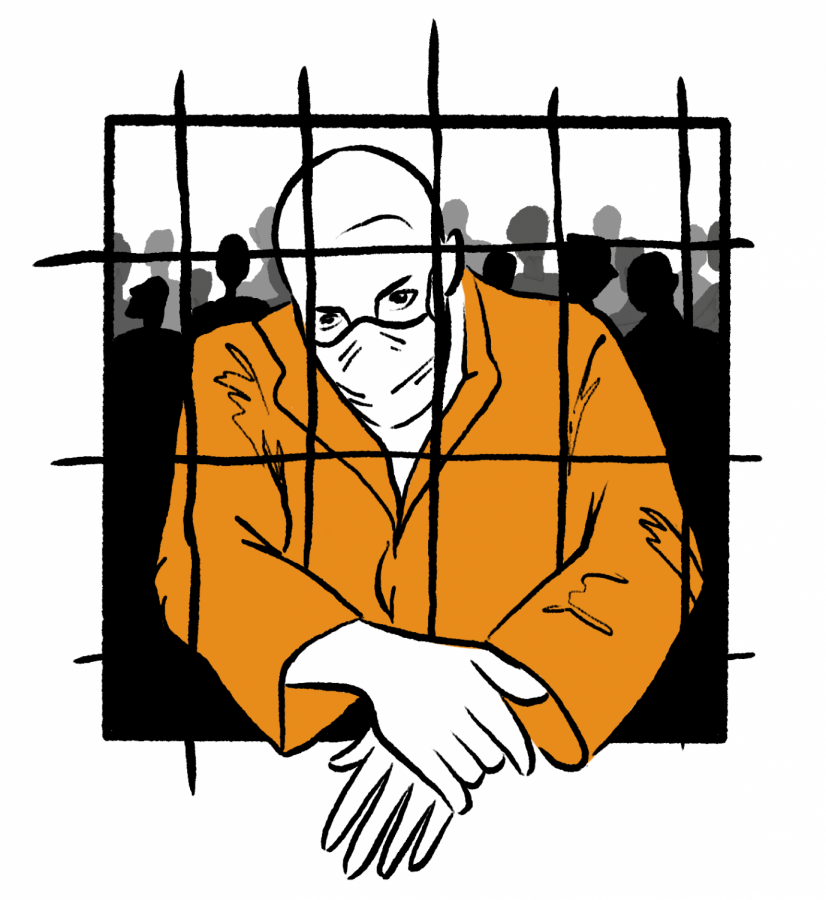To Limit Spread of COVID-19 in Prisons, Non-Violent Offenders Must Be Released
April 29, 2020
COVID-19, a life-threatening strand of the coronavirus, has swept across the country in the last few weeks, changing nearly every facet of our daily lives; restaurants, malls, and in some cities, even parks have all been closed, causing city streets to be almost empty throughout the day. And yet, despite all of these closures happening around the country, one institution remains open: prisons. For the government to plead with people to stay inside and yet force American citizens to be confined in prisons with little access to medical care is not only irresponsible, but it is also a death sentence.
With its 2.4 million incarcerated people, America currently accounts for 24% of the world’s prison population. And in addition to the fact that America has the highest number of prisoners in the world, the prison facilities that incarcerated people are forced into are repugnant. Although America has made many mistakes within the prison system, the country finally has a chance to get something right with the recent coronavirus outbreak: freeing every prisoner, either temporarily or permanently, convicted of a non-violent offense or who does not pose a threat to society.
While it may seem like a drastic measure for America to take, the reasoning behind clearing out prisons and jails makes it an obvious solution for the time being. For one, jails and prisons are a prime environment for the virus to spread. Deteriorating facilities and lack of funding leave many prisons with unsanitary conditions. Add this squalor to the fact that prisons confine up to 15,000 people in tiny cells and you have a perfect storm for a coronavirus outbreak. Not only will the virus spread easily in prisons, but people in our jails and prisons are more susceptible to the virus than the rest of the population. Currently, about 20% of people incarcerated have asthma, a respiratory disease that makes it harder for people to fight the coronavirus. With that in mind, America has to come to grips with the decision at hand. Keeping people that are not at risk of committing a violent crime incarcerated while the coronavirus sweeps the nation is a death wish for those stuck in the prison system, and keeping the system unchanged during this pandemic is cruel.
Models show that the coronavirus will likely kill up to 100,000 people, and while those numbers are scary, prisons and jails will be affected the worst by the virus. Even though both state governments and the federal government have been petitioned to release some of their prisoners, any sign of action has been small. California recently released 600 inmates, but for a state with over 115,000 inmates, releasing only 600 people won’t cause any dramatic change. Even worse, the federal government announced on March 31st that all US prisoners must be confined to their cells for at least two weeks. What prisoners are supposed to do after the two weeks of confinement are over is unknown, but to keep people confined to cages for any longer than that is inhumane. The American government can try to push the issue aside, but if the coronavirus continues to spread throughout prisons and no inmates are released, the country will not only be faced with a public health emergency but also a human rights one.










